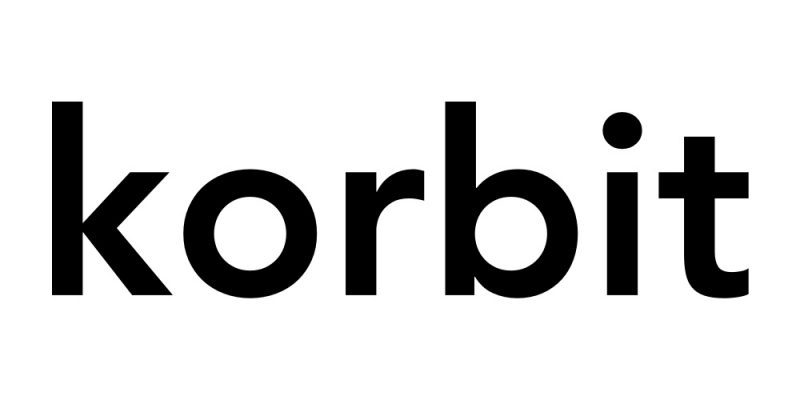Korbit Releases Korean Summary of Messari’s “Crypto Theses for 2024” Report
Korbit, a South Korean cryptocurrency exchange, announced on the 23rd the release of a Korean-translated summary of Messari’s “Crypto Theses for 2024.” Ryan Selkis, founder and CEO of Messari, annually publishes a report analyzing key themes and trends in the cryptocurrency industry.
Korbit entered into a partnership with Messari in 2021. Since then, Korbit’s research center has been translating and distributing various content published by Messari. Jeong Seok-moon, head of Korbit’s research center, called Messari’s industry outlook report “the best guide for industry professionals to gain a macro perspective.” He added, “With the approval of Bitcoin spot ETFs and the influx of institutional investors, the cryptocurrency market is expected to revive this year.”
The 2024 outlook report from Messari covers 10 key subjects, including investment trends, cryptocurrencies, policy, centralized finance (CeFi)/decentralized finance (DeFi), and the consumer sector. Below are the main insights.
# AI Proves Useful for Cryptocurrencies
A significant highlight in the investment trend section is ‘AI and Cryptocurrencies.’ AI is seen as beneficial for the crypto space, potentially driving demand for cryptographic solutions. The integration of decentralized physical infrastructure networks (DePIN) could accelerate the training of AI models on decentralized supercomputers, according to the report.
In the cryptocurrency sector, Bitcoin (BTC) is expected to increase in value. The approval of Bitcoin spot ETFs and the upcoming halving event make Bitcoin a critical hedge against fiat currency devaluation amid renewed global quantitative easing. Changes in the Financial Accounting Standards Board (FASB) rules to reflect Bitcoin’s market value in financial statements are also likely to boost corporate interest in Bitcoin.
# Stablecoins Continue Growth Trajectory Amid Policy Scrutiny
Stablecoins are projected to maintain their growth, with Tether (USDT), USD Coin (USDC), and PayPal USD (PYUSD) leading the way based on the U.S. dollar and euro. Given their compliance with national regulations, these stablecoins are poised for stable growth.
Policy trends need to be examined in the context of political developments. The SEC’s enforcement policies have recently been criticized by courts. Self-regulation efforts such as proof of reserves by companies and disclosures from exchanges and custodians are essential to establish industry standards.
In the CeFi sector, attention should be paid to Coinbase, Circle, and Galaxy Digital. Coinbase’s prominence increased following Binance’s downfall last year. Circle, on the back of its USDC growth, is likely to pursue an IPO and has already filed for one this month. Galaxy Digital, equipped with ventures ranging from venture portfolios to trading, mining, and research, could emerge as a strong alternative to the Digital Currency Group (DCG), which was heavily impacted by FTX’s bankruptcy.
DeFi may face short-term setbacks due to enhanced regulatory measures but could experience gradual growth as a bridge to traditional finance once it adapts to regulations.
On the consumer front, if the cryptocurrency market revives, NFTs could also revert to growth. In the era of AI, ensuring the source of information becomes paramount, presenting new opportunities for NFTs and blockchain technology.




